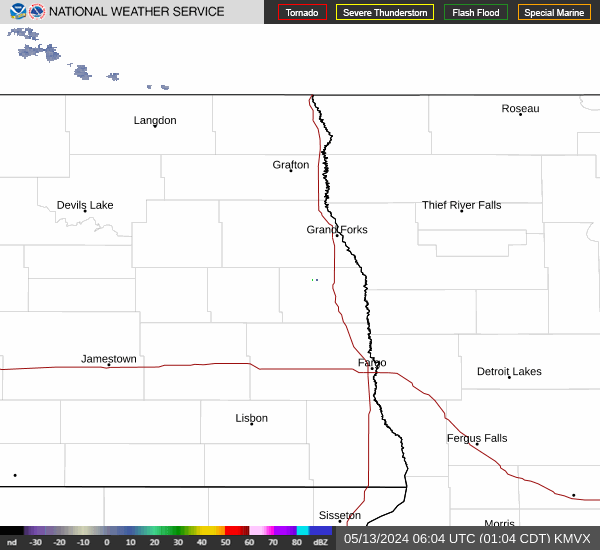 There has been an uptick in recent findings of Palmer amaranth in North Dakota this year. Some of those discoveries are being linked back to contaminated grain screenings fed to cattle. “I would not be concerned with noxious weed seeds being in screenings coming from elevators because it’s typically locally sourced,” says Joe Ikley, weed specialist, NDSU Extension. “The cases we’ve found so far were sourced from outside North Dakota.” So, how can farmers and ranchers help stop the spread of Palmer amaranth? To start, Ikley recommends having any questionable sources tested. “We also want to take necessary steps to keep concentrated screenings from going directly onto a field. There are also things farmers can do with manure management.” Listen to the full interview with Ikley.
There has been an uptick in recent findings of Palmer amaranth in North Dakota this year. Some of those discoveries are being linked back to contaminated grain screenings fed to cattle. “I would not be concerned with noxious weed seeds being in screenings coming from elevators because it’s typically locally sourced,” says Joe Ikley, weed specialist, NDSU Extension. “The cases we’ve found so far were sourced from outside North Dakota.” So, how can farmers and ranchers help stop the spread of Palmer amaranth? To start, Ikley recommends having any questionable sources tested. “We also want to take necessary steps to keep concentrated screenings from going directly onto a field. There are also things farmers can do with manure management.” Listen to the full interview with Ikley.


